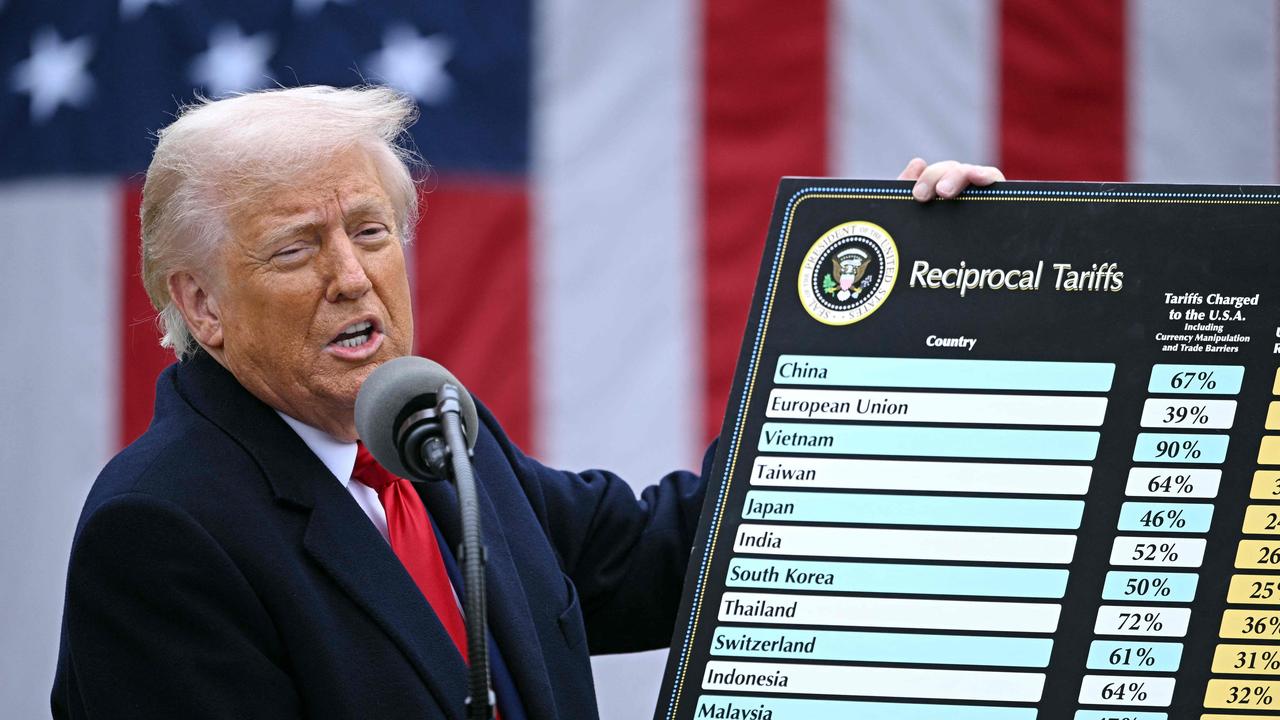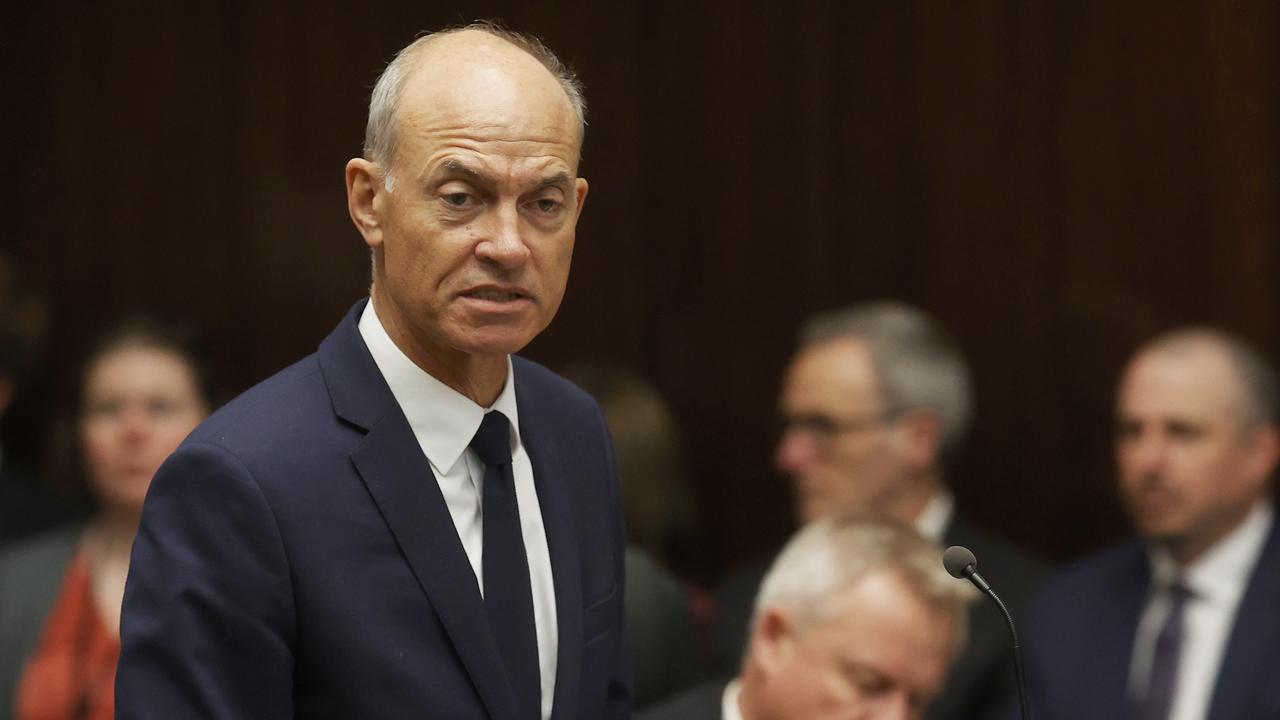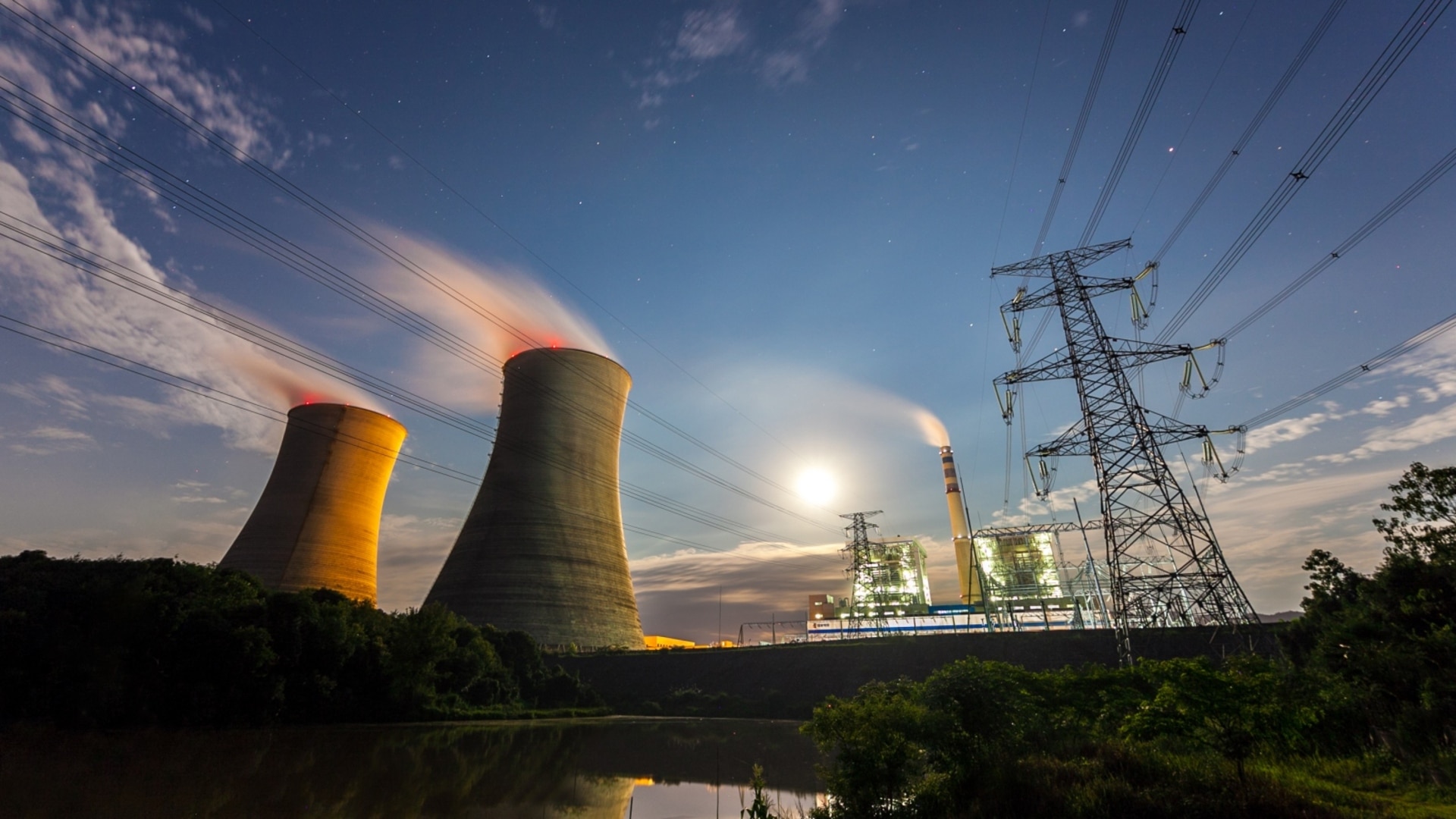
The ironies of the 2025 election continue to emerge.
First, the issue of the disastrous Jim Chalmers tax on unrealised capital gains was missed by the Coalition campaign.
Now, there is pressure on the Coalition to support continuation of the ALP’s nuclear ban just as the main bastion of nuclear bans, Europe, realises they threaten energy security.
Not only are the European nations considering dropping nuclear bans, but a very different nuclear future is being mapped – one Australia will need to consider if we are to store within our shores the enormous national information set to be assembled by artificial intelligence and enhanced computing.
If the Sussan Ley-David Litttlepround led Coalition learns from Europe, it will have the basis of a superior energy policy at a time when the ALP’s current policy locks Australia into higher power prices and energy insecurity.
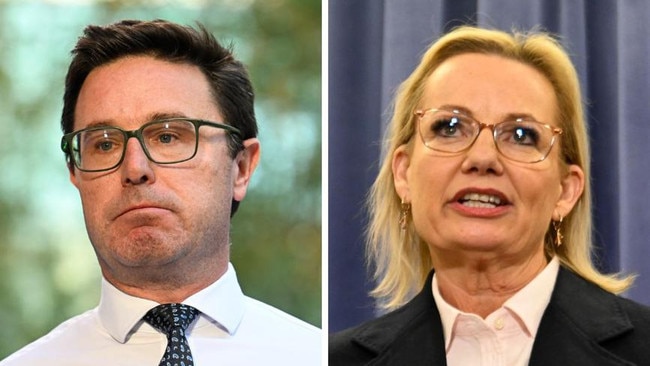
This month, Denmark announced plans to reconsider its 40-year ban on nuclear power.
In the wake of blackouts, Spain has signalled an openness to review a shutdown of its nuclear plants and Germany has abandoned long-held opposition to atomic power.
The Europeans are beginning to understand some of the costs associated with solar and wind technologies, including the need for sources of power to cover gaps when the wind does not blow and the sun is not shining.
And just as Australia is discovering the enormous costs in setting up transmission systems to deliver large amounts of renewable power to market, Europe is being hit with a similar burden which was not factored in to many of the renewable decisions.
Europe’s “hidden costs” of balancing generation with demand and transporting electricity from renewables has been increasing along with Europe’s rising shares of wind and solar generation,
Denmark, which has substantial investment in wind and solar power, banned the use of atomic energy in 1985. The country now plans to analyse the potential benefits and risks of new advanced nuclear technologies, such as small modular reactors, to complement solar and wind technologies.
The Danish government does not plan a return to traditional nuclear power plants. Denmark’s minister for climate, energy and utilities, Lars Aagaard, told CNBC: “We have no recent experience with nuclear power, and we lack the necessary knowledge regarding safety and waste management. That’s why we must begin a serious analysis – not to replace solar and wind, but to see whether new nuclear can complement our energy system in the future.”
The great mistake the Coalition made was to set out plans for a major, large nuclear power station network instead of creating a ban-free environment to investigate new nuclear technologies.
The capital risk could be taken by the private sector, particularly overseas-based groups that use nuclear energy to generate the power required by artificial intelligence information centres.
In the light of the blackouts which ravaged Spain, Portugal and southern France, Spain says while the government is proceeding with plans to retire nuclear energy reactors over the next decade, extensions beyond 2035 could now not be ruled out.
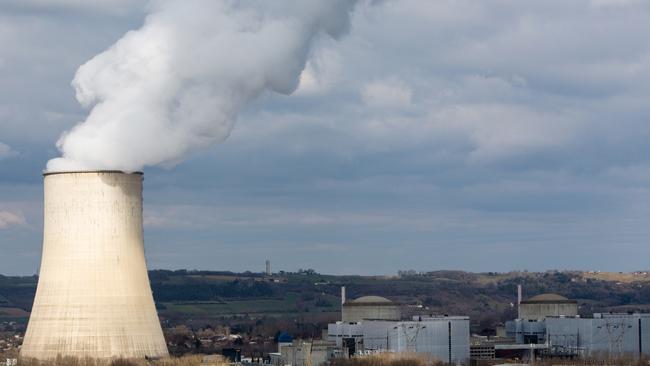
Germany, which closed the last of its three remaining nuclear plants in 2023, recently scrapped its opposition to nuclear power to restore harmonious relations with France.
The newly elected German government has signalled it will drop its objection to French efforts to ensure nuclear power is treated on the same basis as renewables in European legislation.
Those advocating nuclear power say it has the potential to play a significant role in helping countries generate electricity while slashing emissions and reducing their reliance on fossil fuels. The cost of nuclear power becomes competitive when the hidden costs of renewables are counted, plus the longer life nuclear plants enjoy compared with solar and wind investments.
Europe is discovering fully depreciated nuclear power plants continue operating beyond their expected lifetime. Nevertheless, the entrance of nuclear bans have accelerated a rapid shift towards renewables.
Wind and solar power has reached 30 per cent of European electricity generation and has overtaken fossil fuels.
It is clear Europe sees the future of nuclear in the smaller plants now being developed. At the same time, better nuclear technologies such as molten salt-cooled thorium plants are receiving considerable investment, following China’s lead. What the Coalition should have done was advocate removing the ban but concentrate the future on the ability to embrace these new technology plants.
Meanwhile, the ALP has finally understood it will need gas-fired power to back up its renewable investment. As I advocated during the election campaign, Australia’s enormous reserves of gas at Beetaloo in the Northern Territory not only fill the shortages with gas in our capital cities but can also generate power to back up renewables investment, which takes the urgency out of investing major nuclear plants to replace coal. It leaves the nation free to look at smaller nuclear power plants and use new nuclear technologies.
That’s the policy the Coalition now needs to embrace, while the nation itself must adapt to a much higher cost power network because investment in renewables has been placed in remote areas away from markets.



